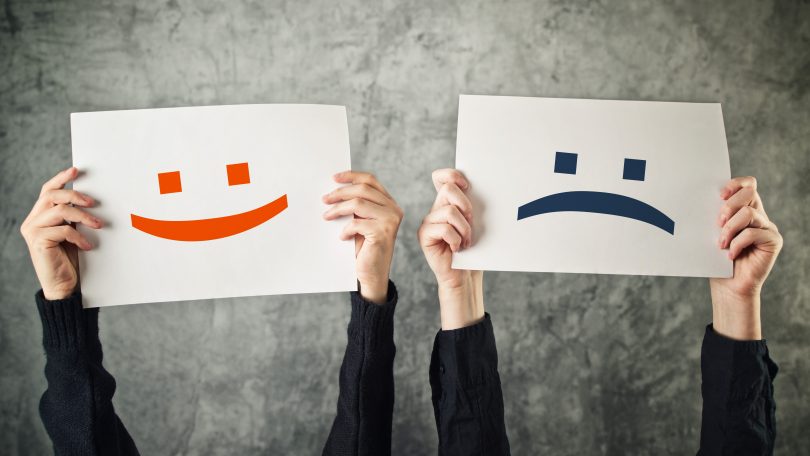For some people with mental illness, prescription medications like SSRIs can be a lifeline. For others, the mixture of chemicals in the system ends in disaster, and that’s why many are now ‘self-medicating’ with CBD.
Some people will take whatever their doctor or specialist gives them. Then, there are those who stay away from psychotropic prescription drugs, favoring natural solutions, and remedies instead. Those on both sides of the fence swear by the benefits of their solution and certainly what works for the goose doesn’t necessarily work for the gander. With that said, one researcher, Dr. Gabriella Gobbi, a psychiatrist from McGill University, is very worried about the numbers of people taking CBD for mental illness, specifically bipolar disorder.
According to Gobbi, too many people suffering from severe mental issues are forgoing doctor’s appointments and using CBD oil instead. As Gobbi explained, according to a cbc.ca report, “A lot of patients have contacted me from all over Canada, and [are] using cannabidiol to treat depression, bipolar disorder.”
While thousands of people around the world use CBD – the non-psychoactive compound in cannabis – successfully to treat anxiety, depression, sleeplessness and inflammation, more severe cases of mental illness may require more serious treatments.
As Dr. Gobbi explained, “It means they’re not treated at all, so this is very, very worrisome in our society because people are not cured at the end of the day.” For that matter, according to Gobbi, many of the “positive effects” people claim to feel from CBD are nothing more than placebo. However, there’s also plenty of scientific evidence suggesting that CBD is indeed helpful for anxiety and works as an anti-inflammatory.
Just a few months ago, Dr. Gobbi and her associates published an interesting paper in the scientific journal, Pain. “We found that in a chronic pain case, cannabidiol actually can alleviate pain, and also has an anti-anxiety effect.” She also noted that this conclusion was based on animal trials and not on humans.
Gobbi explained that for now, people are using CBD at their own risk, “because we still don’t have clinical studies that have proven that cannabidiol can be good for some conditions as chronic pain, insomnia, or anxiety.” Another expert on cannabis law also weighed in on the current state of the CBD industry.
Tim Caulfield, Canada Research Chair in health law and policy at the University of Alberta, said according to the same report, “It’s (CBD) presented to the public in pop culture as if it works, you know. The efficacy is taken for granted. There’s no critical appraisal of what’s going on,” he said. Caulfield also agreed that more clinical trials on CBD and other components in cannabis are required as, “This is an interesting chemical,” he said. “It might be working, but we need better research. We need good clinical trials to find out.”
Possibly the main difference between naturally-occuring compounds like CBD and psychotropic prescription drugs is that the former is non-addictive and non-toxic. There are people who react well to prescrition medications for mental illness but sadly many suffer from long-term and often devastating side effects. That’s not to mention the fact that no patient is given the option of CBD or other natural remedies and are almost always either offered the mind-altering drugs or referred to a psychiatrist.
Until more clinical studies are carried out on CBD and the cannabis plant, patients are left to their own devices to choose the best path for them. In any event, those suffering from such mental conditions are best-served by seeking medical advice as the first port of call.
For more stories like this, subscribe to our Medical Cannabis Weekly Newsletter.









